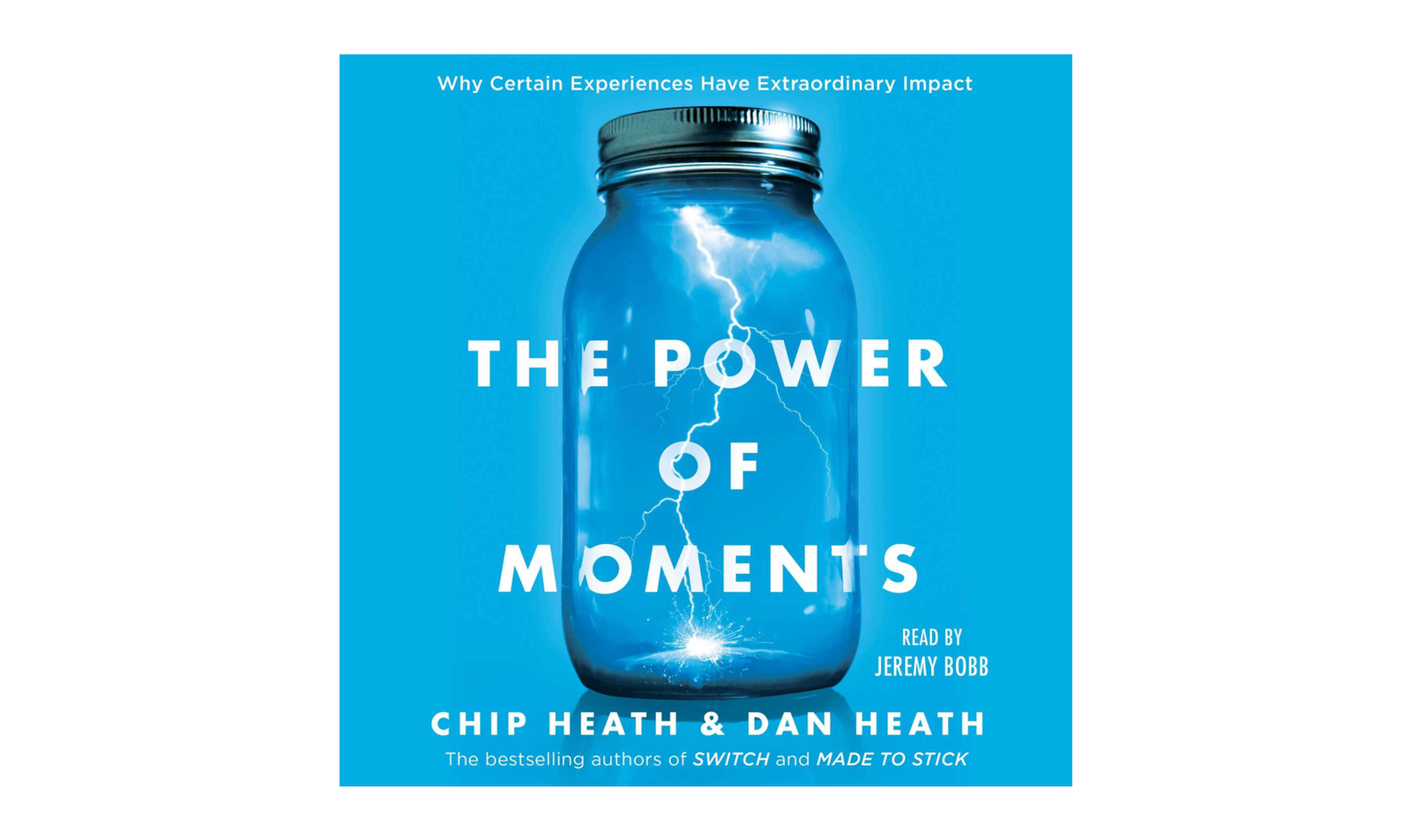Get In Touch
hello@untangld.co
Get In Touch
hello@untangld.co
Follow
|
LinkedIn


Consistency gets a bad rap.
It’s novelty’s friendless cousin, stuck at home watching re-runs of Friends on a Saturday night.
But consistency is taken for granted.
It’s in the air we breathe, the water we drink and the wifi we consume daily.
Consistency is easy to forget, but vividly recalled when it’s put in jeopardy.
We demand consistency in our routines, our leaders, our loved ones and in business.
So it stands to reason that we demand it from the brands we buy and the experiences they deliver.
Consistency is capitalism’s unsung hero. Hard at work ensuring the production line runs smoothly, the Uber arrives on time, the Pantone is a perfect match and your Google search results are on point.
It’s a wonderfully discrete shortcut to trust and unlike so much of our marketing efforts, it doesn’t always want for better – its power is its sameness.
Brand custodians often get caught up in the race to better, they sweat over value propositions and ways to gain incremental advantages.
As Rory Sutherland poignantly reminds us, people don’t always want better, they want less crap.
For the most part, a Big Mac tastes the same anywhere in the world. A Starbucks coffee is a caffeinated sanctuary in foreign lands.
Beyond supply chain advantages or sophisticated marketing strategies, it’s why brands like these are so successful the world over – not because you’re getting the best meal or coffee you’ve ever had, but because they have perfected the absence of negatives, at scale.
It’s why we sleep shop at the supermarket. We’re hardwired to find the reoccurring patterns in a product or experience that reaffirm why we buy it.
These subconscious decisions minimise the risk of regret, blame and anxiety. They provide the psychological safety net that lets us keep walking the tightrope of life.
When brands understand and activate this blissful complacency, they discover Aldous Huxley’s “soma” – a way to increase the happiness and complacency in their customers without doing anything demonstrably different.

In the wrong hands, its ghastly endpoint is a dystopian world of algorithmic Tik-Tokery, efficiently harvesting our next dopamine hit. A type of quiet totalitarianism, where mass compliance doesn’t require enforcement, instead, it thrives because people don’t need to think.
My inner optimist hopes it’s used to free up decision-making power for the more trivial things in life, allowing the human spirit to strive to greater heights. It’s Steve Job’s wardrobe of black t-shirts or your next meal kit subscription box arriving tomorrow.
Whatever side you’re on, consistency is a secret superpower when fully realised and activated across our lives.
But it’s only half of the story.
A special kind of magic happens when it has a fling with novelty and gives birth to two children that play well together: predictability and surprise.
The Power of Moments by Chip Heath, Dan Heath cites a wonderful example of the power of novelty.
There’s a hotel in L.A. called the “Magic Castle Hotel.”
It’s not magical-looking— It’s got a dated pool, a shabby lobby and average internet. But it’s a top #10 hotel in all of Los Angeles on TripAdvisor, on the strength of thousands of reviews.
By that very average-looking pool, there’s a cherry red phone that has a sign above it that says, “Popsicle Hotline.” And if you pick up the phone, somebody answers and says, “Popsicle Hotline! We’ll be right out.”
Somebody comes out wearing a suit, carrying a silver tray loaded with grape, cherry and orange popsicles. They present them to you wearing white gloves, like an English butler, all for free. It’s an oddly fun and unforgettable experience.
This hotel understands the power of moments. People are prepared to put up with a little bit of average to get a taste of novelty.
It’s such a wonderful example of the power of psychology and how we can alter perceptions of an experience, transforming a drab hotel into a holiday wonderland.

Most of the decisions we make are emotional and then post-rationalised – we discount the emotion bit a reverse engineer our decision as rational.
It’s often how we strip novelty out of the brands and experiences we build in favour of a race to the middle.
As Rory Sutherland famously noted. The Eurostar spent 6 million pounds cutting travel time by 40 minutes. For 10% of this cost, they could have paid the World’s top models to serve champagne and people would have asked for the train to be slowed down.
An engineer will assume to improve a train journey you must make it faster.
But the challenge is not speed, it’s enjoyment.
Our perception of time is highly subjective, it’s why time flies, it’s why cruise ships don’t speed up or why your life can flash before your eyes in a micro-second.
Solving the problem from the perspective of how it makes someone feel is the best starting point. Here are a few thought starters:
The Heaths talk about how certain experiences can jolt us, elevate and change us and by exploring key moments that generate brand love, we can hopefully learn how to create these powerful, positive experiences for consumers.
Hint – You won’t always find it in your latest brand tracker or CSAT report.
It’s buried deep in the psyche of people. It lives in what your competitors aren’t doing.
It’s the things that make people laugh, cry or gasp involuntarily.

All have created Talebian-inspired strategies that balance 80% safe bets with 20% wild ones.
Novelty is lurking somewhere in your brand and now is the time to find it.
When you do, let it dance with consistency.
They will make beautiful children.

→ Over 20 years experience across APAC and the UK helping redefine some of the world’s most iconic and effective brands, and leading complex research and segmentation projects from Budget Direct, Big4, Crime Stoppers, RACV and CommBank.
